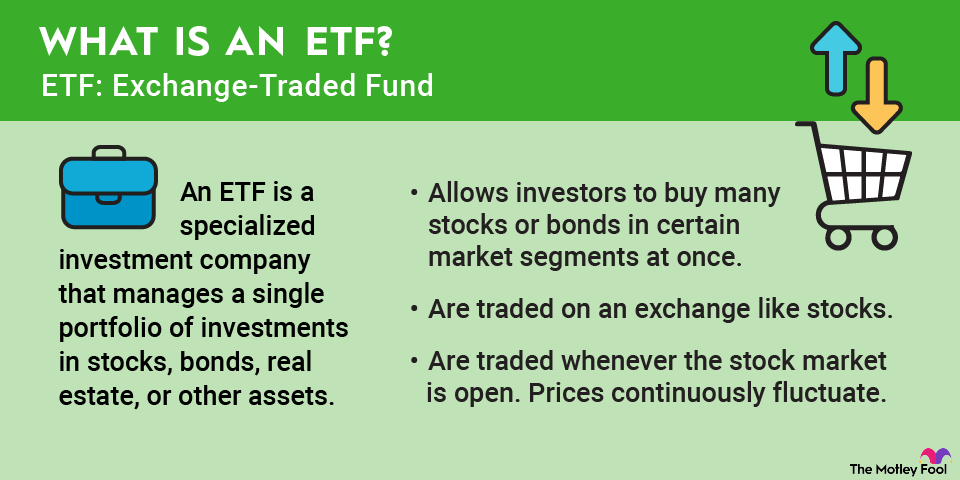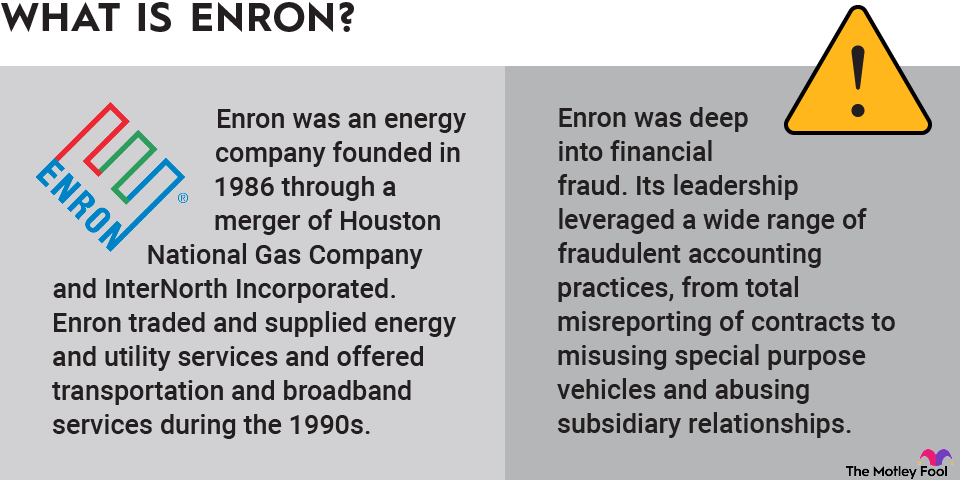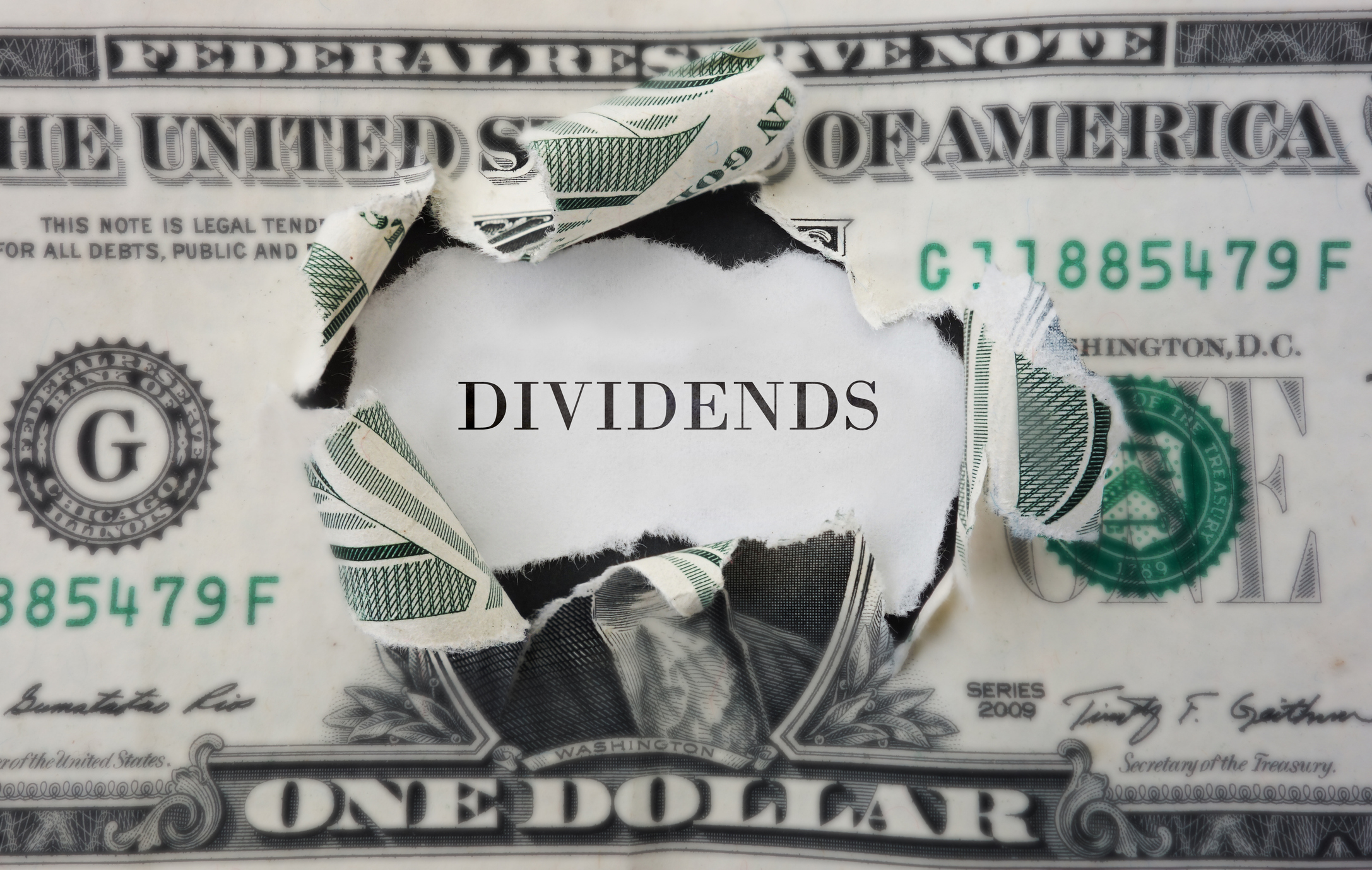Considering investing in real estate investment trusts (REITs)? One of the important considerations with these types of companies is how they're managed. Let's explore what an external REIT manager is and why that matters to you.

What is an external REIT manager?
REITs are generally companies that own a great deal of real estate investment properties that are leased out to other companies. They can do this in one of two ways: using an internal team made of the REIT's own employees or hiring a team from outside the REIT.
At one time, external REIT managers were the norm for U.S.-based REITs, but more publicly traded REITs are now managed by internal teams instead.
Unlike other types of companies, the management of a REIT can change outcomes since the main function of a REIT is to lease property. That means that the management team is your main income-driving engine. No matter how good a particular office building or industrial complex looks on paper, you're in trouble if your REIT's management team can't get it occupied. The occupancy is the REIT's product, and without a solid manager, it doesn't get sold.
Internal versus external REIT managers
There are generally two approaches to REIT management: internal and external. An internal management team manages the properties and can help make decisions about purchases and sales, focusing solely on the REIT they're a part of. However, this can come at a cost because internal managers are often tightly focused on their own REIT and can be blind to other ways to manage REITs or other ways to perform business functions.
External REIT managers, on the other hand, tend to manage multiple REITs and their properties, which means they have more exposure to how different REITs are run, their challenges, and their successes. So they may have more experience to work from. Still, they can offer a more generic approach to REIT management since they're still on the outside looking in.
Benefits of external REIT managers
External REIT managers aren't better or worse than internal REIT managers; they're simply a different way of handling a complicated process. If you're considering a REIT with an external REIT manager, consider these benefits when evaluating the REIT:
- Management costs are much lower than they would be for a full-time management team.
- External REIT management processes are time-tested and streamlined due to the increased experience of external REIT management teams.
- They keep the structure of the REIT very simple and efficient since they're contracted and not an actual part of the team.
Related investing topics
Drawbacks of external REIT managers
Of course, external REIT managers aren't the ideal solution for all REITs. Otherwise, no one would bother with the additional trouble and expense of having an internal REIT management team. External REIT managers are somewhat disinterested in your success or the shareholder's dividend, which can make it hard for a REIT to really stretch to achieve difficult goals.
Conflict of Interest
In addition, external REIT managers can create conflicts of interest or corporate governance problems, especially if they hold positions on the REIT's board of directors. This situation can be bad for shareholders and generally very suspicious for potential investors, even if the external REIT manager has no bad intentions.



















